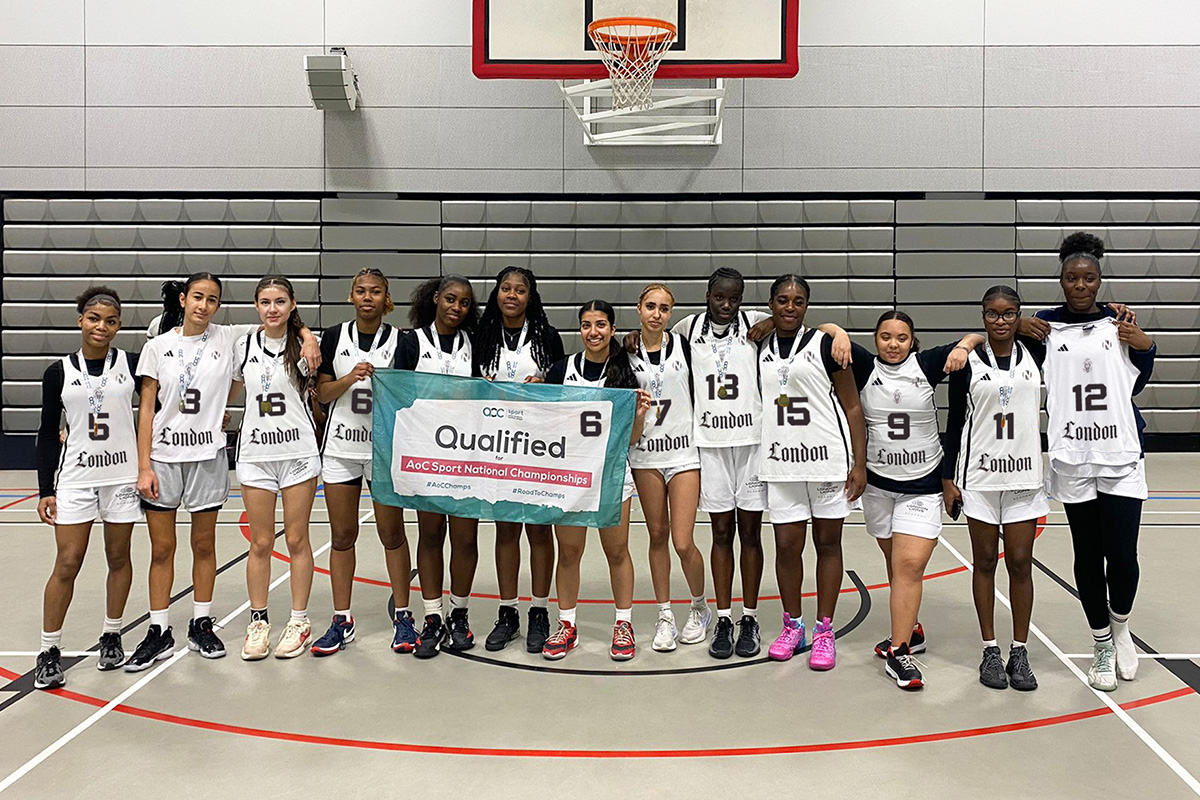A quarter of workers have received no response to job applications made since the start of the pandemic, according to Reed.co.uk

Despite widespread hiring challenges in the market, new research commissioned by Reed.co.uk (@reedcouk), one of the UK’s leading jobs and careers sites, has found that almost a quarter (24%) of workers that have applied for jobs since the start of the pandemic have had no response to their application.
Of those that did receive a response and moved through the hiring process, long wait times were reported, with over a quarter (17%) of workers made to wait more than two weeks between interviews.
Poor candidate experiences raise concerns for businesses
At the end of September (28th), there were over 300,000 jobs live on Reed.co.uk – a 158% year-on-year increase. In stark contrast to the hiring freezes at the start of the pandemic, the shift from a buyers’ to a sellers’ market has led more than one in ten (13%) workers to report receiving contact from companies they had previously applied to about an alternative job opening at a later date; a telling tactic of how recruiters are responding to hiring challenges in the market.
As well as Reed.co.uk’s research exploring how candidates are commonly experiencing poor recruitment practices, it also looks at the potential repercussions for businesses:
- 31% of workers are unlikely to apply to a company again after a negative application experience
- 30% of workers are unlikely to recommend a company to a friend after a negative application experience
- 23% of workers make perceptions of the company based on their experience with the recruiter
While these findings may be cause for concern, the research also highlights possible solutions for employers to improve the candidate experience – with streamlined hiring processes and requests for transparency in high demand:
- Streamlined hiring processes
- 29% of workers are put off by the length of an application and interview process
- 31% of workers are put off by the complexity of an application and interview process
- Salary transparency
- 50% of workers believe it’s important that employers list the salary in the job description.
- Company culture transparency
- 31% of workers believe it’s important for recruiters to give an impression of the company culture
- 27% of workers believe it’s important for recruiters to provide information on development pathways in the company
Commenting on the research, Simon Wingate, Managing Director of Reed.co.uk, says:
“The labour market has drastically changed since the start of the pandemic, with the shift in power transferring from employers to workers due to the sheer volume of job opportunities available. It’s therefore a concern that candidates are reporting negative experiences during the hiring process, especially for those businesses for which candidates are also potential customers.
“Our research shows how recruitment practices can have a significant impact on both hiring and business performance, with people unlikely to recommend the company to others after a negative experience. To combat this, businesses must focus on improving how they hire and not just who they hire, with time of the essence.
“In the fast-moving world we live in, we’ve all become accustomed to high quality consumer experiences, instant access to goods and services, alongside seamless communication channels – and candidates’ expectations during their job search are no different. Therefore, businesses should prioritise delivering quality, timely feedback during all stages of the hiring process.”











Responses